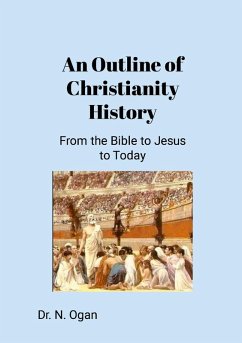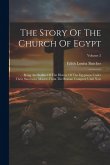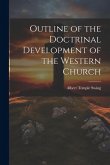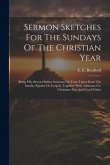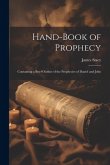There's an almost philosophic tendency in Scripture to compress infinite notions like "truth" and "life" into very basic-almost elementary-ideas or notions such as Jesus Christ as the Son of God. Moses, in the Old Testament, would explain the existence of the universe saying that, "In the beginning" someone he simply calls Elohim or God, "created the heavens and the earth." The seven Hebrew words that Moses used to open the book of Genesis, like the 22 Greek words that Jesus used to explain his place in John 14:6, form the essential substance of Scripture. Without so much as a "how-do-you-do," Bible readers are introduced to the Creator-God as though he were someone Moses suggests, "just was and never was not." There are no asterisks, footnotes, or references to Mount Olympus-no Socrates or Plato-we are simply told that at the beginning-and really before that-there was God and He shaped, made, invented, and established everything. Despite modern humanity's overwhelmingly rejection of this rather obvious revelation in preference for things like paganism, mythology, and self-serving science, we still grapple with the notion that "in the beginning there was God."
Hinweis: Dieser Artikel kann nur an eine deutsche Lieferadresse ausgeliefert werden.
Hinweis: Dieser Artikel kann nur an eine deutsche Lieferadresse ausgeliefert werden.

